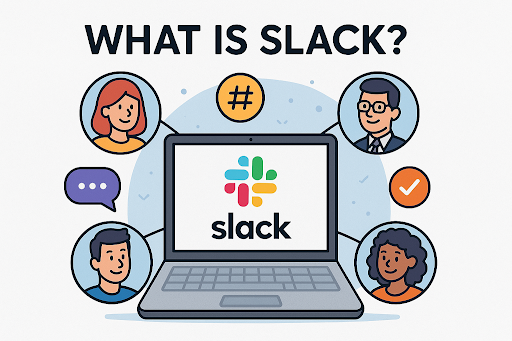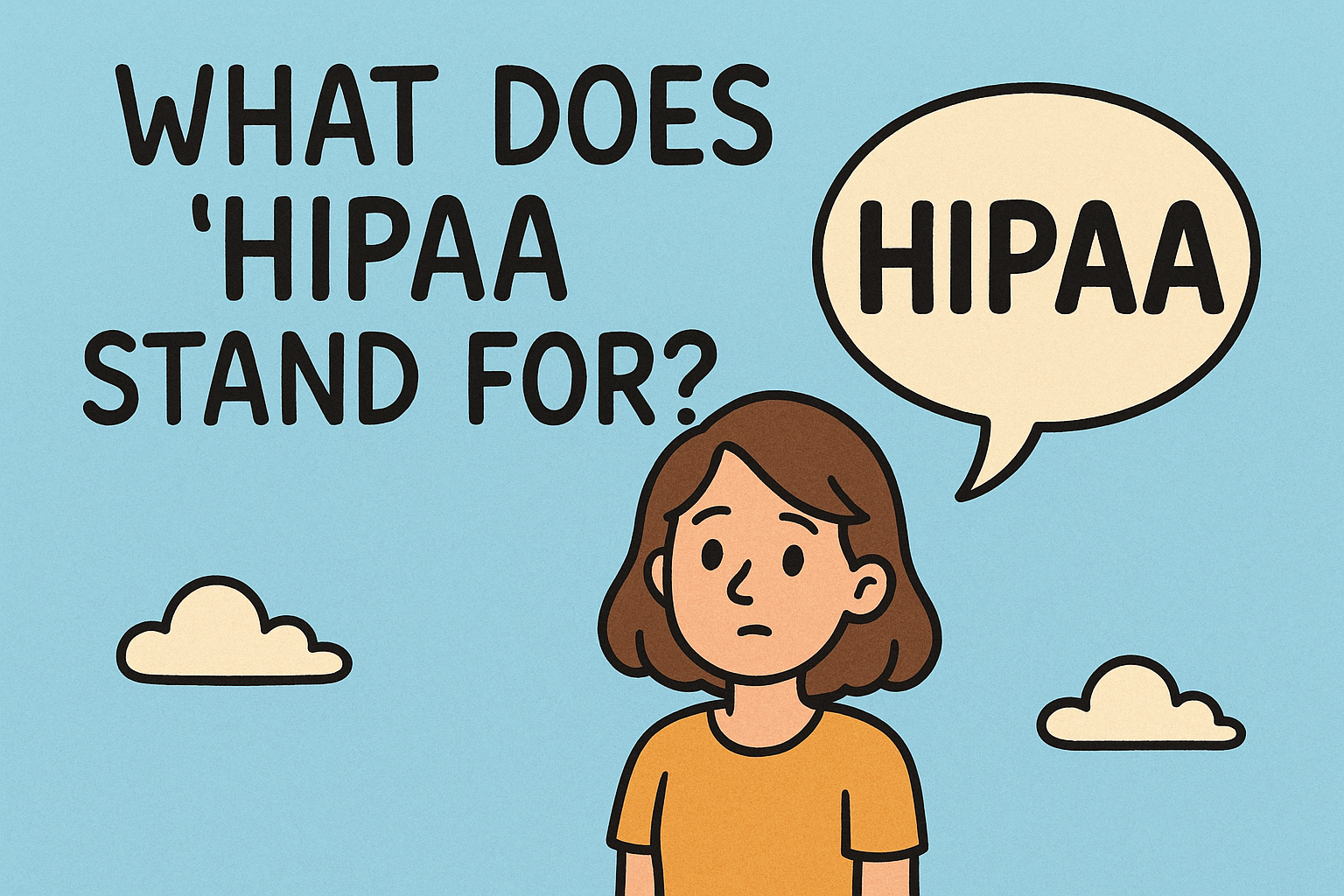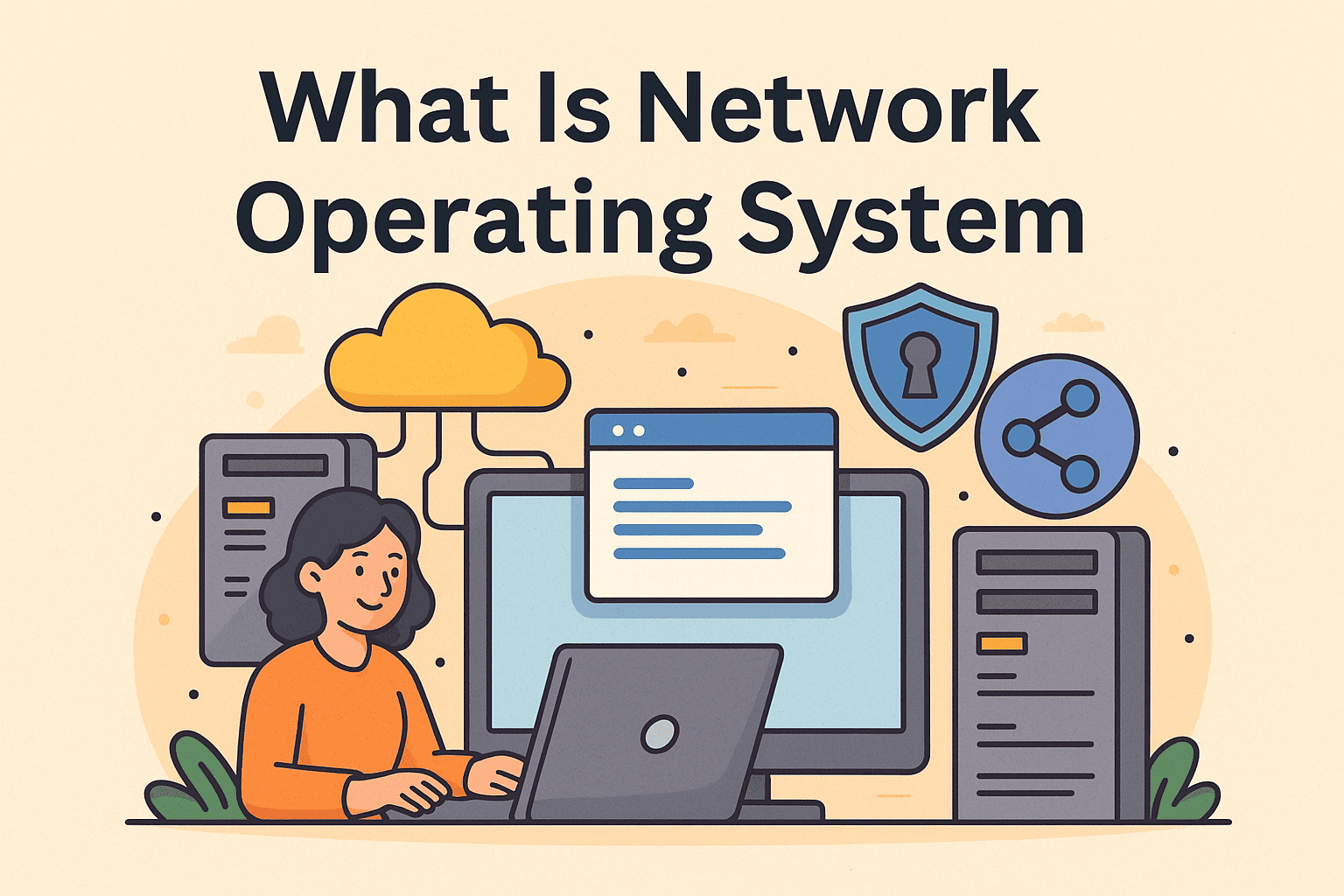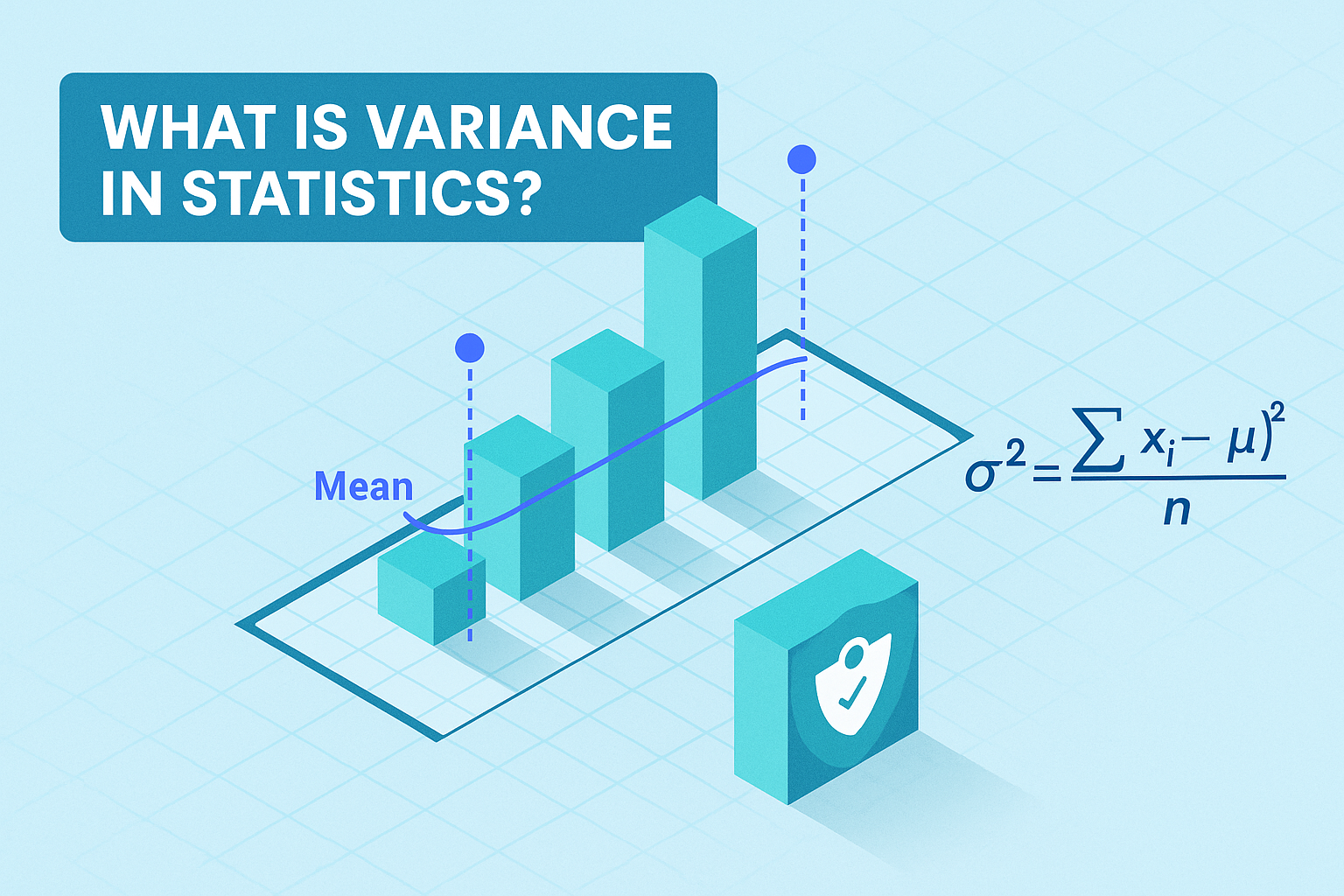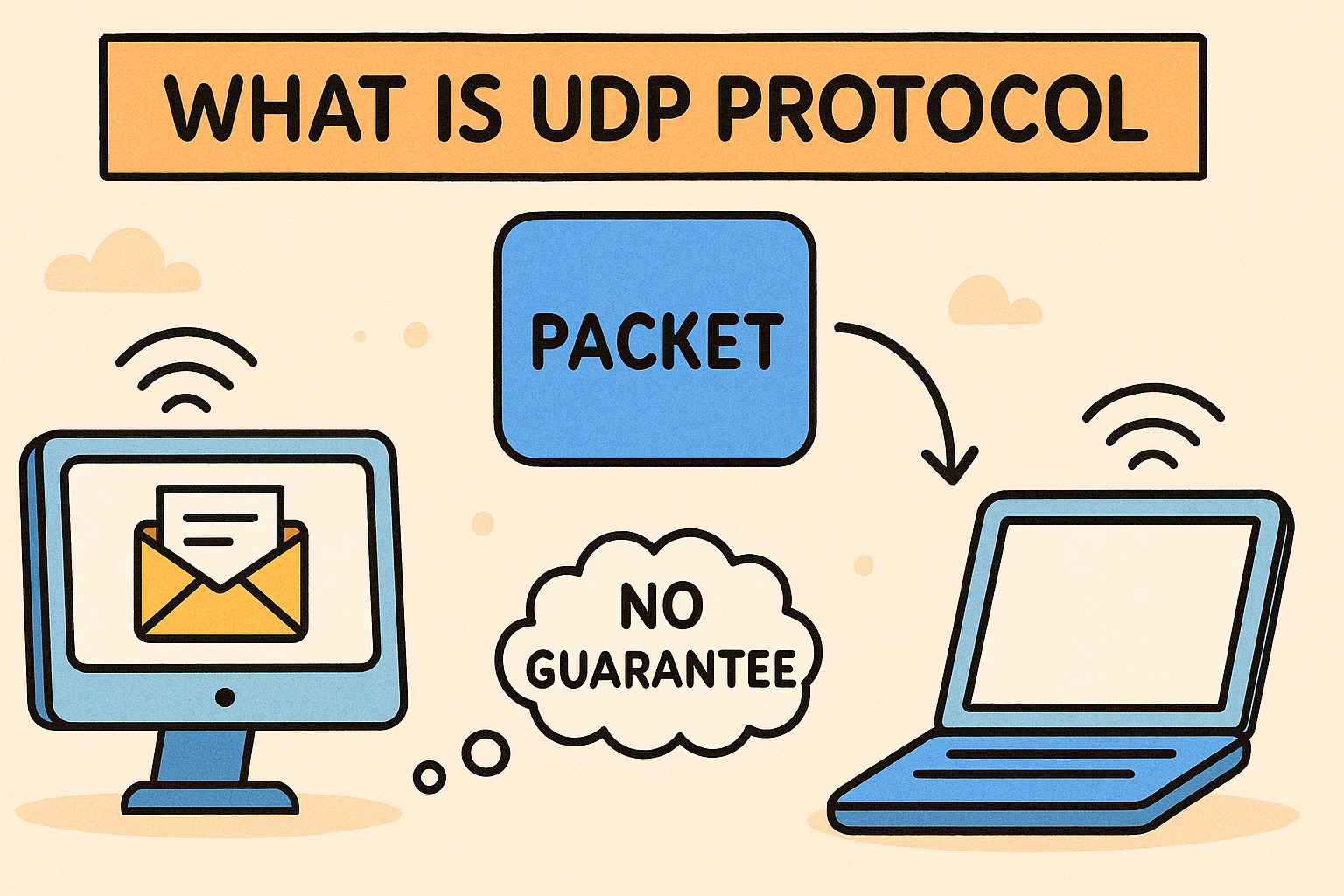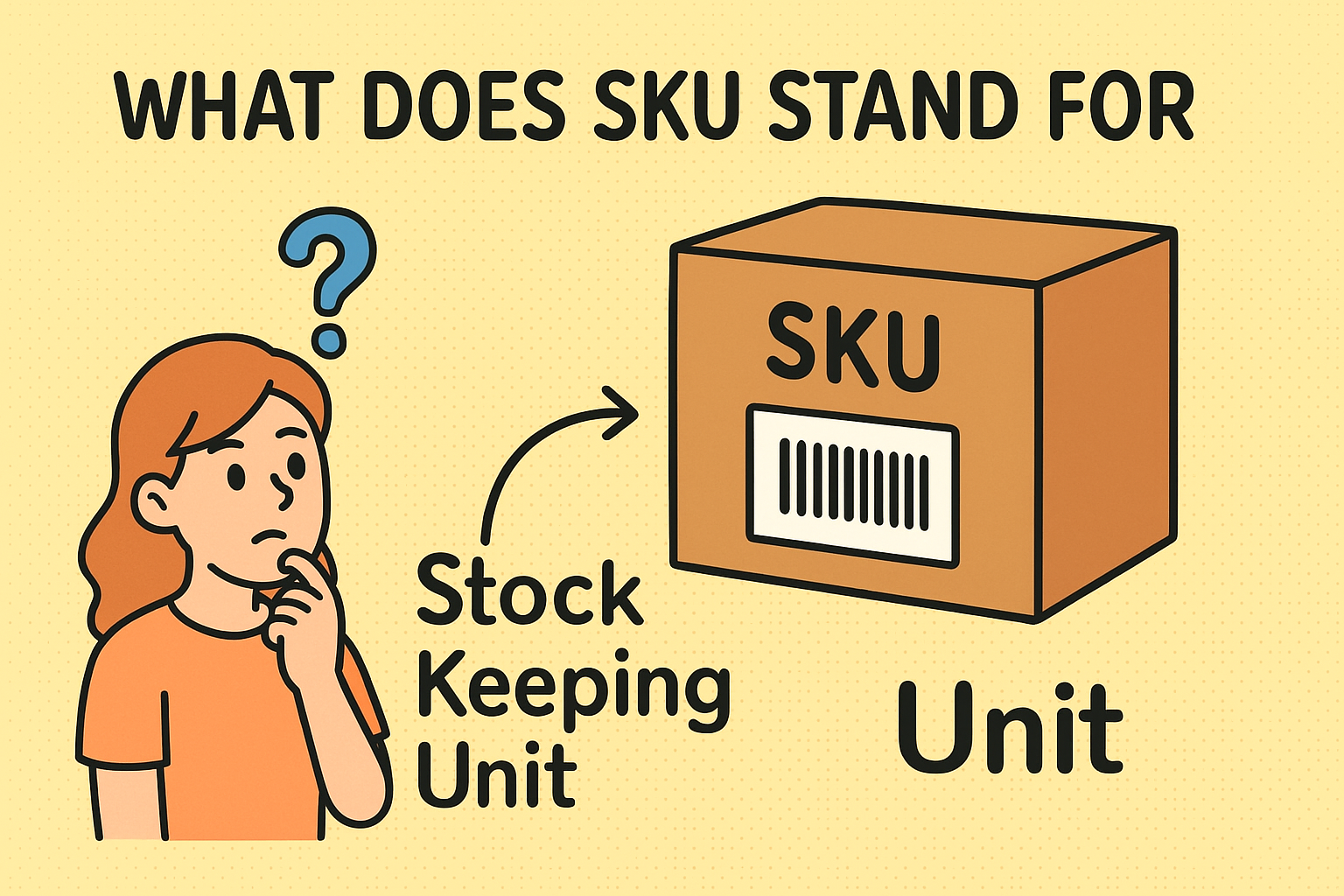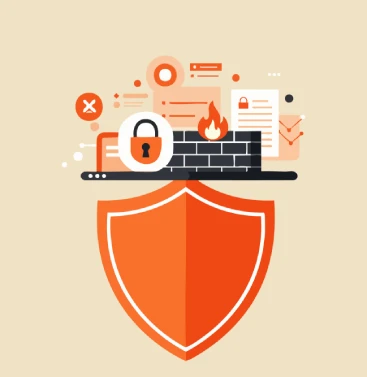What is GDPR? Everything You Need to Know in 2025
Updated on July 3, 2025, by Xcitium
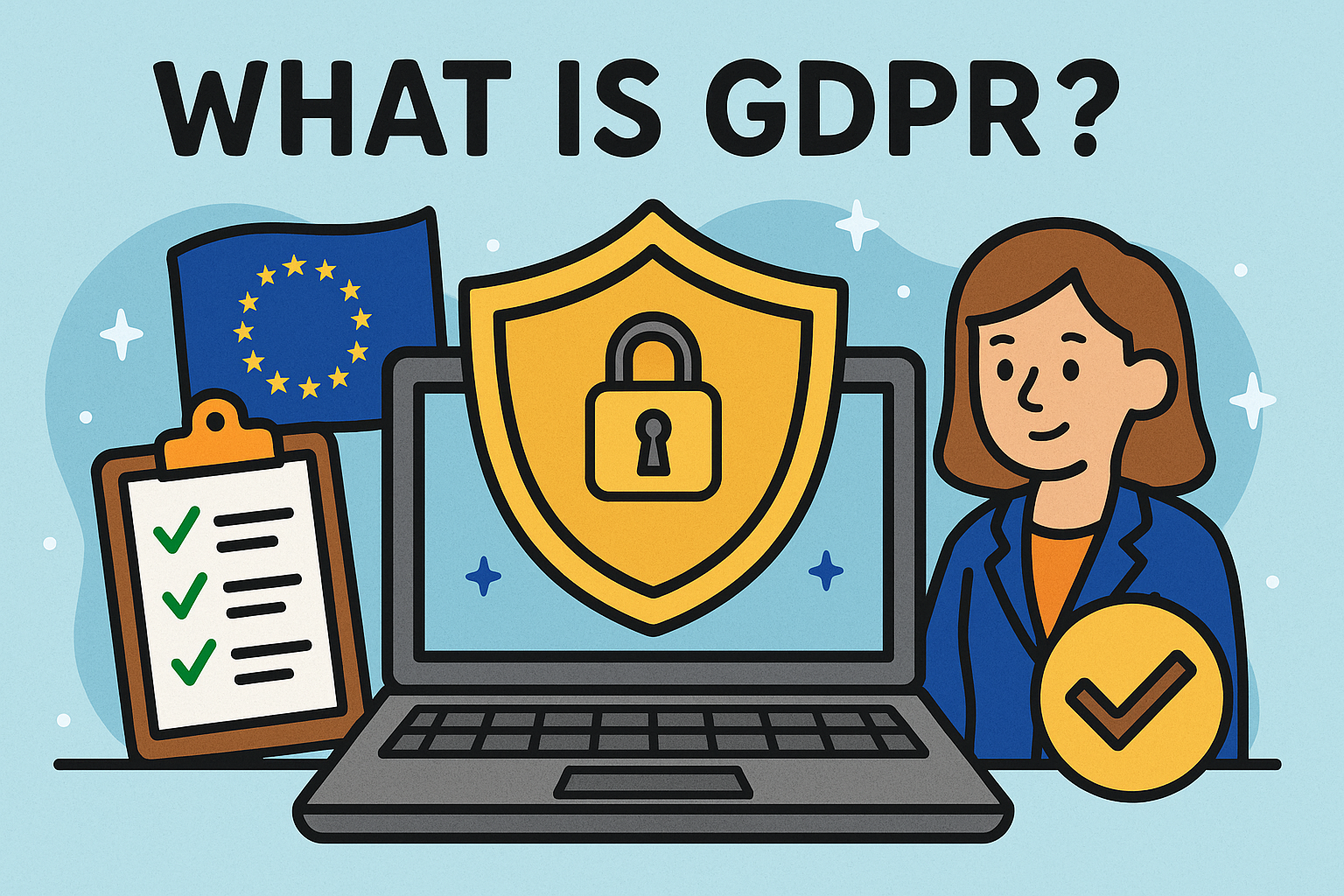
In an age where data is as valuable as currency, one question looms large for every business handling personal information: what is GDPR? If you’ve ever browsed a website and been asked to accept cookies, you’ve likely encountered the General Data Protection Regulation (GDPR) in action. This landmark regulation has transformed the way organizations collect, process, and store personal data.
Whether you’re a startup founder or IT manager, understanding GDPR compliance is crucial—not just for legal reasons but to build customer trust in today’s privacy-conscious world.
What is GDPR? (GDPR Full Form & Overview)
GDPR stands for General Data Protection Regulation. Enforced since May 25, 2018, by the European Union (EU), GDPR sets strict rules on how companies and organizations collect, manage, and store personal data of individuals in the EU.
GDPR Applies To:
- Any company that processes data of EU citizens, regardless of its location.
- Online services, apps, and businesses with global reach.
- Even non-EU entities offering goods/services to the EU.
In short, GDPR isn’t just a European law—it’s a global data privacy standard.
Core GDPR Principles You Need to Know
GDPR compliance is centered around 7 key principles. These guide how data should be handled throughout its lifecycle:
1. Lawfulness, Fairness, and Transparency
Data must be collected lawfully, and users must know how their data is being used.
2. Purpose Limitation
Data should be collected for specified, explicit purposes only.
3. Data Minimization
Only collect data that is necessary for the intended purpose.
4. Accuracy
Ensure personal data is accurate and kept up to date.
5. Storage Limitation
Data should be kept only as long as necessary.
6. Integrity and Confidentiality
Use security measures to protect personal data.
7. Accountability
Organizations must be able to demonstrate their compliance with GDPR regulations.
Why GDPR Compliance Is Non-Negotiable
Failure to comply with GDPR can result in fines up to €20 million or 4% of global annual revenue—whichever is higher.
GDPR compliance helps businesses:
- Avoid heavy fines
- Build customer trust
- Strengthen cybersecurity posture
- Ensure transparency and accountability
How Does GDPR Impact Businesses?
Let’s break it down with practical implications:
For IT Teams
- Implement data encryption and access controls
- Maintain audit trails for user data activity
For Marketing
- Use opt-in consent for newsletters
- Avoid pre-ticked checkboxes or forced sign-ups
For HR & Admin
- Secure storage of employee data
- Inform employees about how their data is used
GDPR Compliance Checklist for 2025
Here’s a quick step-by-step guide to ensure you’re GDPR-compliant:
- Conduct a data audit – Know what data you collect and why.
- Update privacy policies – Make them transparent and user-friendly.
- Appoint a Data Protection Officer (DPO) – Required for large-scale processing.
- Implement breach notification systems – Report breaches within 72 hours.
- Train staff regularly – Awareness is key.
- Use secure systems – Encryption, 2FA, and data access logs.
Who Invented GDPR?
While no single person “invented” GDPR, it was drafted and passed by the European Parliament and Council of the European Union, replacing the outdated Data Protection Directive 95/46/EC. It reflects years of collaboration among EU regulators and policymakers to protect data in the digital age.
Common Myths About GDPR
- Myth: “GDPR only applies to EU companies.”
Truth: If you serve EU customers or visitors, GDPR applies to you. - Myth: “Consent is the only legal basis for data processing.”
Truth: There are six legal bases, including contractual necessity and legal obligations.
The Future of GDPR and Data Privacy
As tech evolves, GDPR will remain the gold standard. However, it’s influencing global laws like CCPA (California), PIPEDA (Canada), and PDPA (Singapore).
AI, IoT, and blockchain innovations will bring new privacy challenges—making GDPR compliance a continuous journey rather than a checkbox.
Real-World Examples of GDPR in Action
- Google (2019) – Fined €50 million by France’s data protection authority for transparency violations.
- British Airways (2020) – Hit with a £20M fine for a data breach affecting 400,000 users.
- H&M (2020) – Fined €35M for mishandling employee data.
Call to Action
Data protection is no longer optional—it’s a business imperative. Want to ensure your cybersecurity strategy aligns with GDPR and other global standards?
👉 Request a demo with Xcitium today to learn how we can safeguard your data and compliance posture.
FAQs on GDPR
1. What does GDPR stand for?
GDPR stands for General Data Protection Regulation, an EU law governing personal data handling.
2. Who does GDPR apply to?
It applies to any organization worldwide that processes personal data of EU citizens.
3. What are GDPR penalties?
Fines can go up to €20 million or 4% of annual global turnover—whichever is greater.
4. Is consent always required under GDPR?
Not always. Consent is one of six legal bases. Others include contractual and legal obligations.
5. How can I become GDPR compliant?
Start by conducting a data audit, updating policies, securing data, and training your team regularly.




